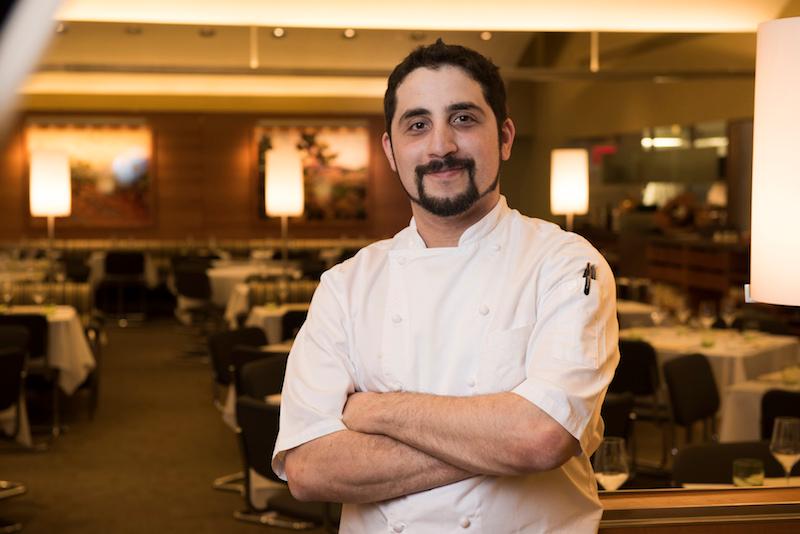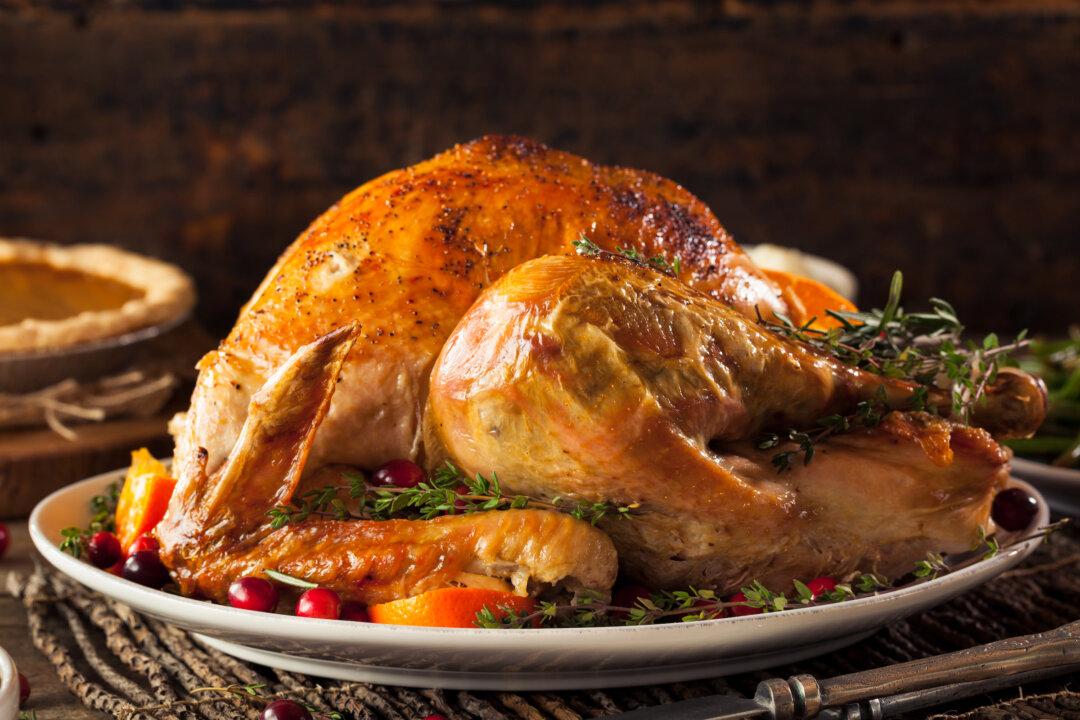Daniel Kleinhandler, an executive pastry chef at Bar Boulud and Boulud Sud in New York City, continues his family’s weekly Shabbat dinners.
I come from a family with some amazing cooks. One tradition that always stuck with me was our weekly Shabbat dinner. When I was a kid, we would go to my grandparents’ house in the Bronx every Friday. They would invite all of their children and grandchildren. The food was amazing—I can still taste the schnitzel (breaded and fried cutlets) and coffee cloud cake (a dish we actually ran on Passover this year). As all great food does, it gave us an opportunity to come together and spend time as one big family!






